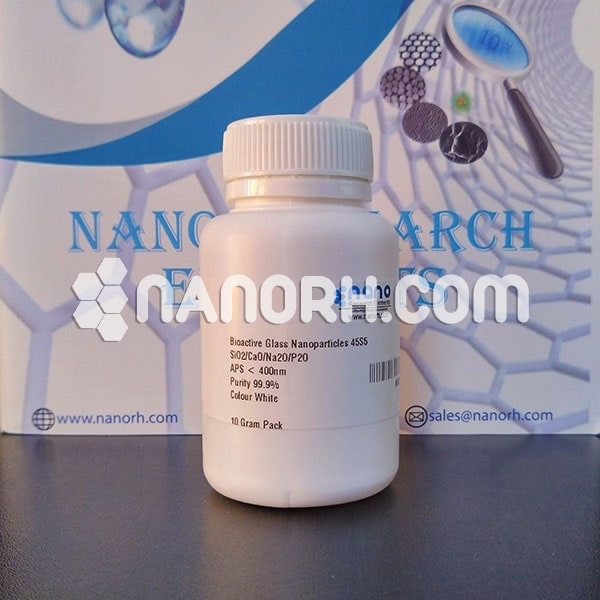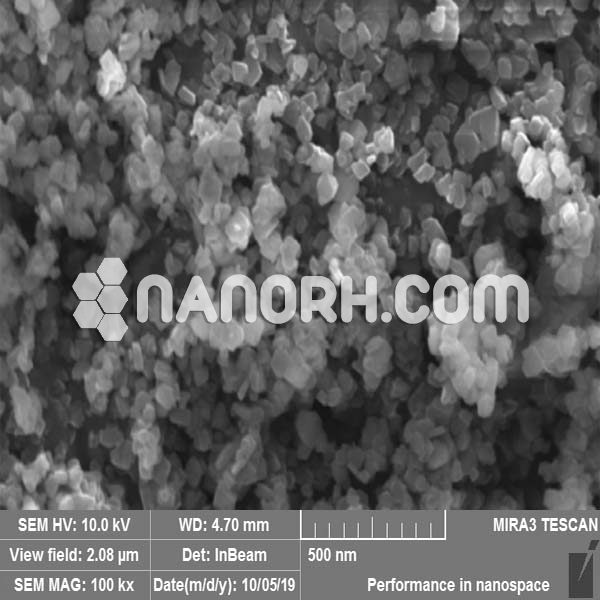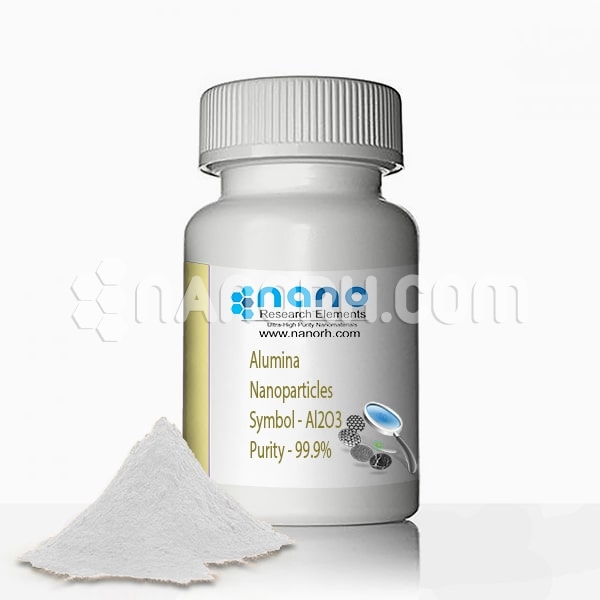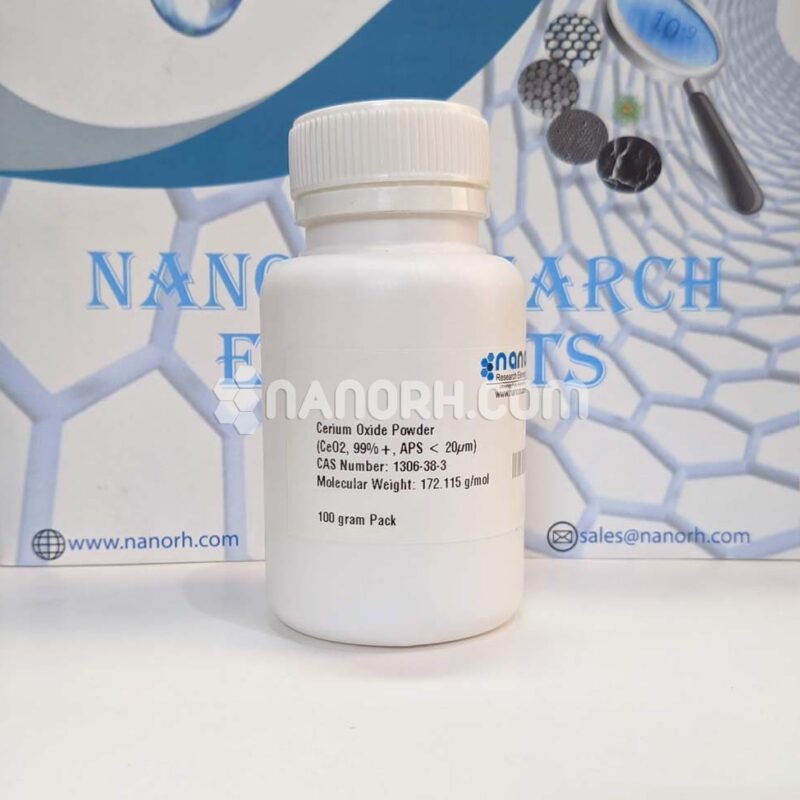| Bioactive Glass Nanoparticles 45S5 | |
| Product Number | NRE-4026 |
| Formula | SiO2/CaO/Na2O/P2O |
| APS | <100 nm (Can be Customized) |
| Purity | 99.9% |
| Colour | White |
| Density | 1.5 g/cm3 |
Bioactive Glass Nanoparticles
Bioactive Glass Nanoparticles was first used in a clinical setting as an alternative to bone or cartilage grafts in facial reconstruction surgery. The Bioactive Glass Nanoparticles use of artificial materials as bone prosthesis had the advantage of being much more versatile than traditional autotransplants, as well as having fewer postoperative side effects. There is tentative evidence that bioactive glass by the composition S53P4 may also be useful in long bone infections. It is used in microchips for tracking of many kinds of animals, and recently in some human implants. Bioactive Glass produced by sol-gel chemistry present high specific surface area and are biocompatible; they are thus good candidate to be carriers for drug delivery. Although bioactive sol-gel glasses have an inherent mesoporosity, it is possible, by combining sol-gel and surfactant supramolecular chemistries, to obtain ordered mesopore structures, presenting even a higher specific surface area. When mixed inside the sol with an appropriate concentration, surfactants like CTAB will self-organize into micelles. Along with the gelation process, the micelles will auto-assemble (evaporation-induced selfssembly), and after a thermal treatment, bioactive glasses with well-ordered mesopores will be obtained. Pore organization and sizes thus depend on both the surfactant used and its concentration, and due to its interaction with Ca2+ ions, to the composition of the bioactive glass.




